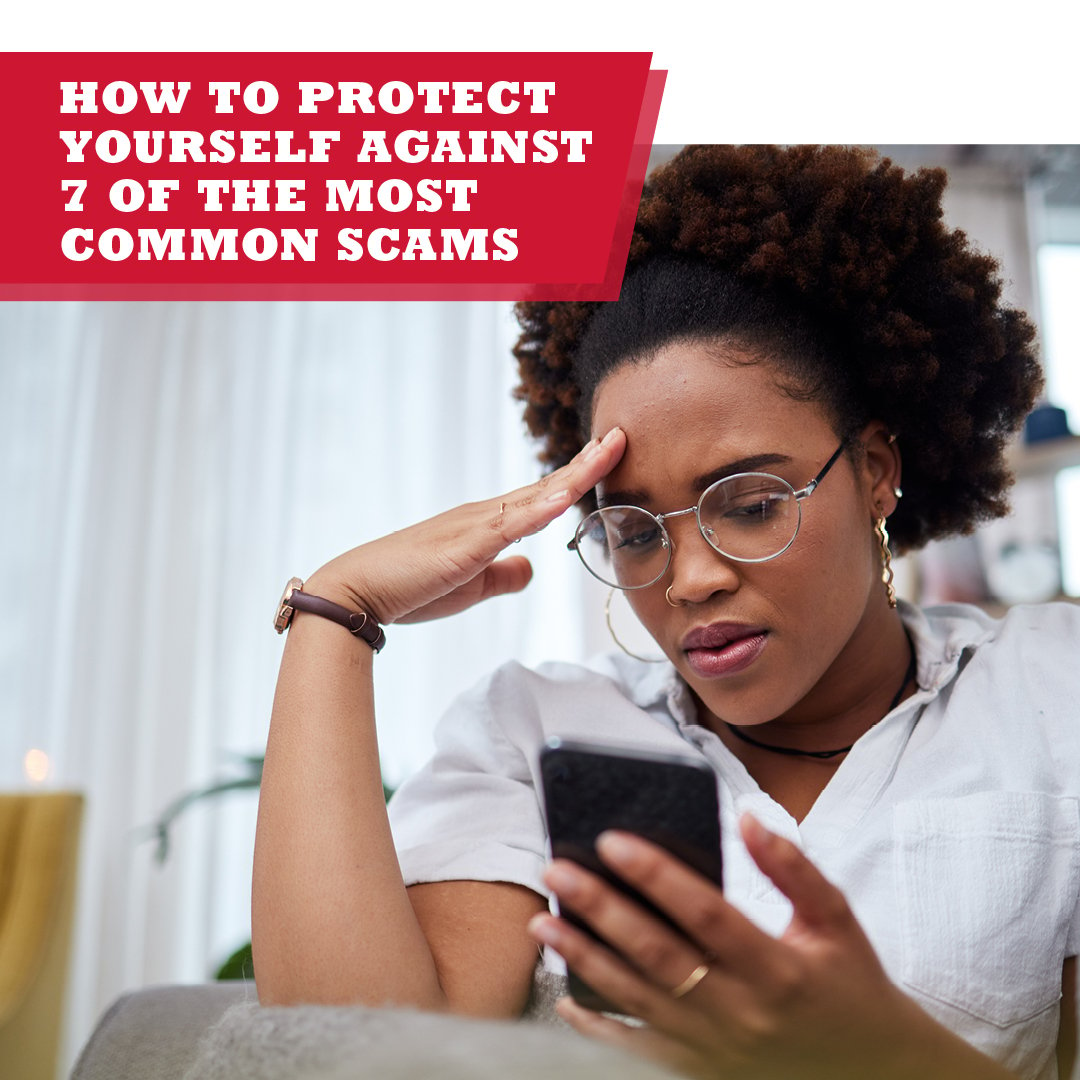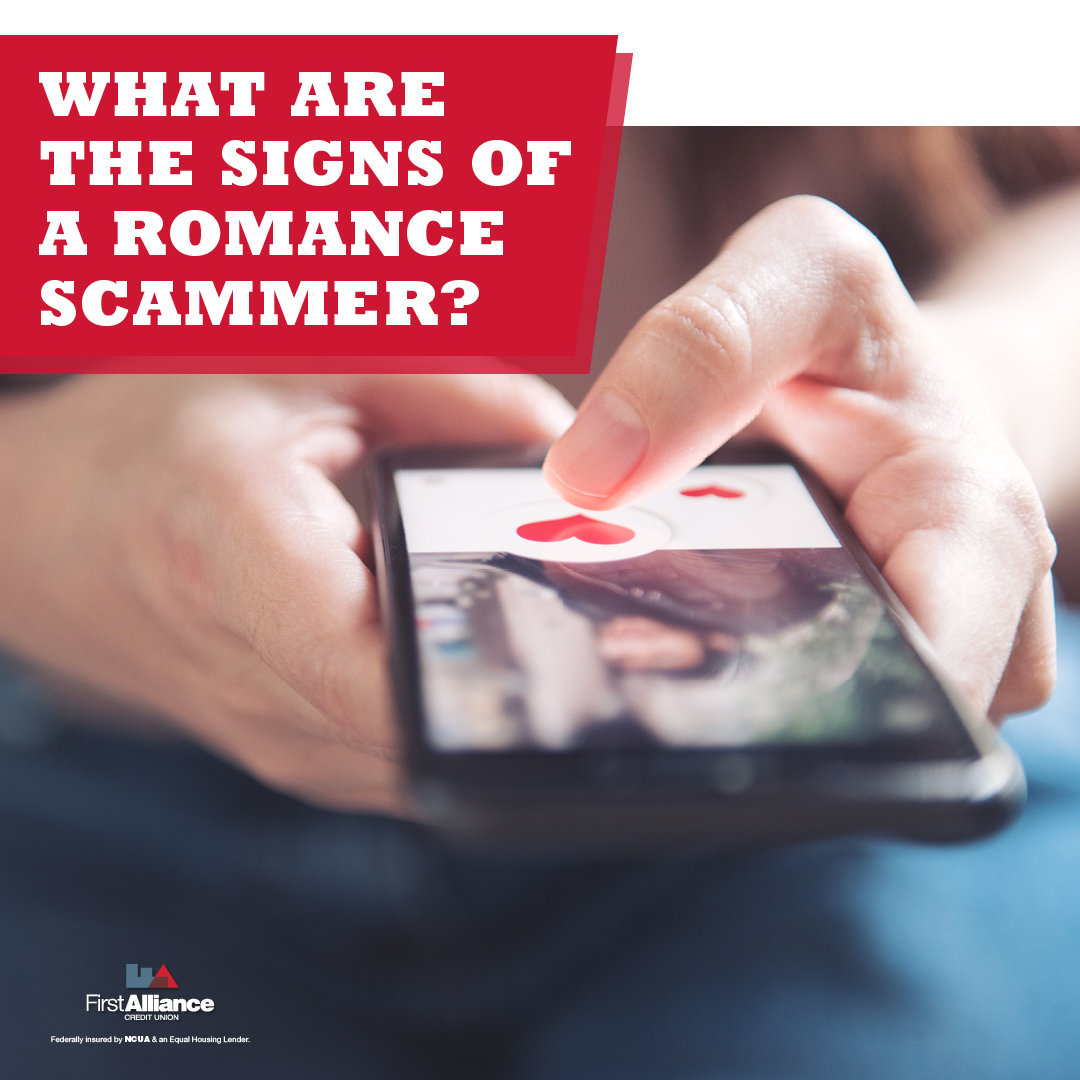How to Protect Yourself Against Lending Scams
Out of all the different types of scams, lending scams might just be the most insidious. These types of scammers fool their victims into thinking...
2 min read
![]() First Alliance Credit Union
:
Dec 19, 2019 9:10:00 AM
First Alliance Credit Union
:
Dec 19, 2019 9:10:00 AM

Fraud scams and schemes are hardly limited to the holidays, but they tend to spike during this high-spending and stressful time of the year. We have some tips and information on common fraud practices you may encounter and how to avoid becoming a victim.

It is always good to remember the basics: to continue to be skeptical about calls, texts, and emails. Always check the email address or phone numbers from communication you may receive. If you don’t recognize the numbers or email address, it’s likely the communication is an attempt to obtain your debit or credit card information, bank account information, or other personally identifying information.

Skimming is perpetrated by using electronic devices to surreptitiously scan and store credit and debit card numbers and PINs. ATMs and some unattended terminals, such as gas stations, are targets for this practice. This information can then be sold to fraudsters or used to commit theft directly. Fraudsters can use the numbers to make online purchases or to create fake cards for in-store transactions.

When conducting an ATM transaction, especially at an ATM you may not use often, make sure to check the slot for your card. Often, the slots have been tampered with, so it may look crooked or off balance. If something doesn't look right, find another ATM and contact the ATM owner.
Phishing is the fraudulent practice of sending emails purporting to be from reputable companies in order to induce individuals to reveal personal information, such as passwords and credit card numbers.
SMiShing (SMS phishing) is the act of attempting to acquire personal information such as passwords and details by masquerading as a trustworthy entity through SMS text messages on cell phones. SMiShing messages may come from telephone numbers that are in a strange or unexpected format with links directing to fake websites.
A typical SMiShing occurrence can begin with a consumer receiving a text message inquiring about a suspicious transaction on an account. In reality, the fraudster is looking to obtain other information from cardholders such as debit/credit card numbers, the three digit code on the back, expiration dates, PINs and other web login credentials.
Vishing is the telephone equivalent of phishing. It is the act of using the telephone to scam you into surrendering private information that will be used for fraudulent purchases or identity theft.

Beware of deals for airline tickets, cruises, vacation packages, etc. that seem to good to be true. In reality they probably are. Always make sure you know who you are booking your travel with.
A legitimate charity will welcome donations whenever you choose to make it. Fraudsters will often try to pressure you to make the donation right away. Don’t make any donation with a gift card or wire transfer. Most donations can be made with cash, check or debit or credit cards.
The holidays should be a time of joy, connection, and giving—not stress from falling victim identity theft and fraud. By staying vigilant and following these tips, you can protect yourself and your loved ones from fraudsters. Remember to trust your instincts, question unfamiliar messages or offers, and lean on your financial institution for support whenever you're unsure.
At First Alliance Credit Union, we’re here to help you stay safe. If you think you may have been a victim or fraud, reach out to your financial institution right away. Together, we can ensure your holidays are filled with good memories—not financial headaches. Stay informed, stay safe, and enjoy a happy and secure holiday season!

Out of all the different types of scams, lending scams might just be the most insidious. These types of scammers fool their victims into thinking...

If you’re worried about being scammed, it’s not because you’re paranoid. Scammers are the zombie apocalypse of the financial world. They’re...

In some ways, the Internet has been a real help for anyone looking for love. Several dating sites and mobile apps give you hundreds, even thousands...